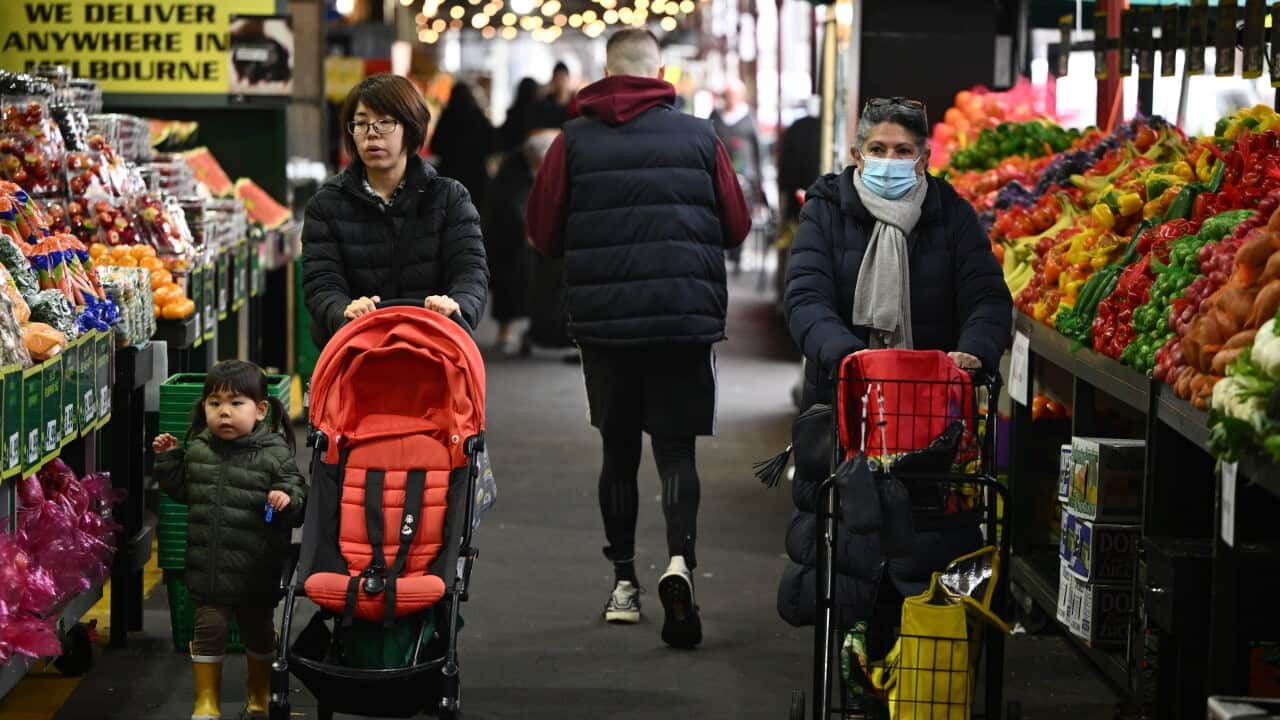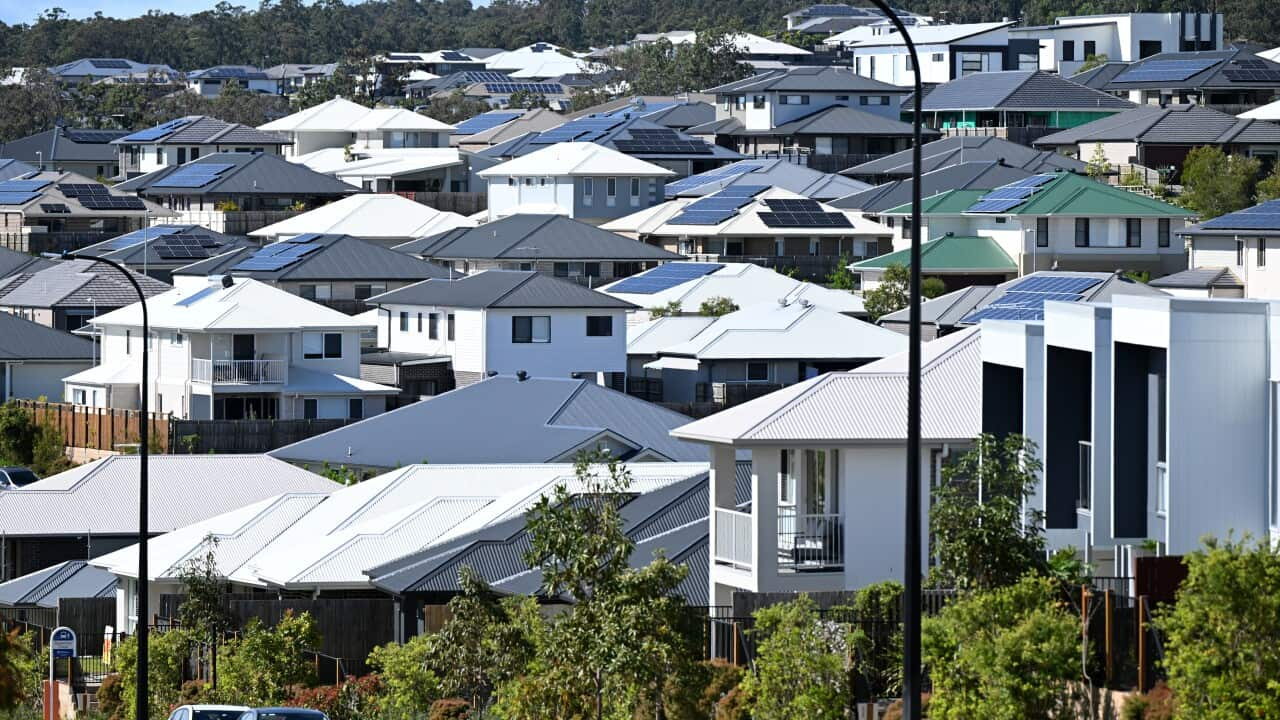Key Points
- The RBA says it has an open mind about pausing interest rates.
- Experts say there are promising signs inflation has reached its peak.
- Mental health organisations are concerned by the impacts of rising interest rates.
The Reserve Bank of Australia (RBA) says the board is considering putting a pause on interest rate rises after its 10th consecutive increase on Tuesday, bringing potential relief to thousands of borrowers in Australia.
The RBA said its recent rate increases had been effective in slowing growth in the economy.
The bank's governor, Phillip Lowe, said it's aware of the growing pressures on households.
"The effects of the large cumulative increase in interest rates since May and the difficulties that higher interest rates are causing for many households," Mr Lowe said on Wednesday.
“We are closer to the point where it will be appropriate to pause interest rate increases to allow more time to assess the state of the economy."
Incoming relief
The RBA has been lifting interest rates aggressively to tackle inflation, which came in at 7.8 per cent in the December quarter - its highest level since 1990.
On Tuesday, the RBA raised the official cash rate a quarter of per cent to 3.6 per cent - the highest level since 2012.
Analysis from financial comparison site RateCity shows the average owner-occupier with a $500,000 loan and 25 years remaining on their mortgage will see their monthly repayments rise by another $77 a month if banks pass the rate hike on in full.
Mr Lowe told the Australian Financial Review Business Summit in Sydney on Wednesday that "further tightening of monetary policy" (increasing interest rates) is still likely to ensure high inflation is only temporary.

Inflation has soared in the past two years. Credit: SBS News
Ahead of its next meeting, in April, the board would need to digest more data on employment, inflation, retail spending and business conditions and sentiment.
"We've got a completely open mind about what happens at the next board meeting," he said.
"Given these uncertainties, the board is monitoring the data very carefully month-to-month. It has the flexibility to respond as needed,” he said.
“Inflation is still too high and while it looks to be on a declining path it is likely to remain higher than target for a few years. If we don’t get inflation down fairly soon, the end result will be even higher interest rates and more unemployment.”
One more bump in the road?
The increase will pile more pressure on mortgage holders, who are feeling the heat from increasing costs.
The average borrower's monthly repayments are up nearly $1000 since April 2022, when the rate rises began.
Treasurer Jim Chalmers said the last increase had put further pressure on families.
"Yesterday's decision will really tighten the screws on household budgets, I think that's very clear. A lot of people are doing it very tough and it will make life a bit harder," Mr Chalmers told ABC Radio on Wednesday.
"When people are under extreme financial pressure, that has implications for their wellbeing more broadly."
Mental health concerns
Suicide Prevention Australia is calling on the federal government to address the rising rates of distress and suicide linked to the growing financial and mental health pressures on people.
During Tuesday's board meeting, Mr Lowe said he went through letters received from Australians who were experiencing the direct impacts of increasing interest rates.
“It weighs heavily on my heart (and) the hearts of the board members,”
“But, at the same time, we know if we don’t get on top of inflation, higher interest rates, more unemployment, more pain.”
The RBA recognises there are encouraging sign inflation has peaked, but it is yet to be seen whether that is the case.



